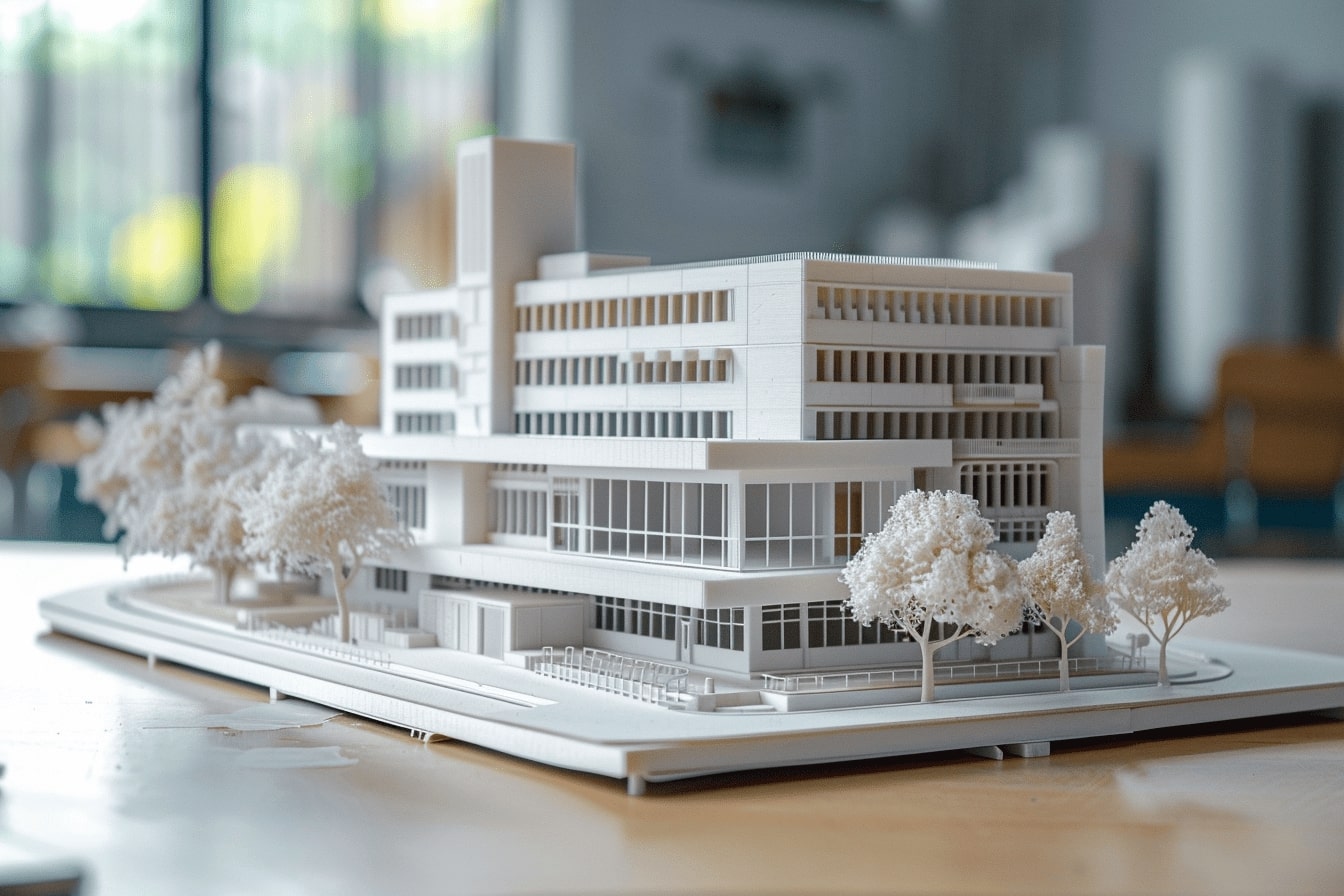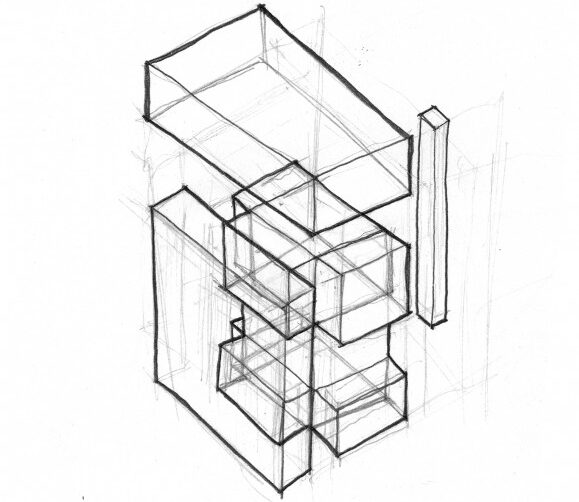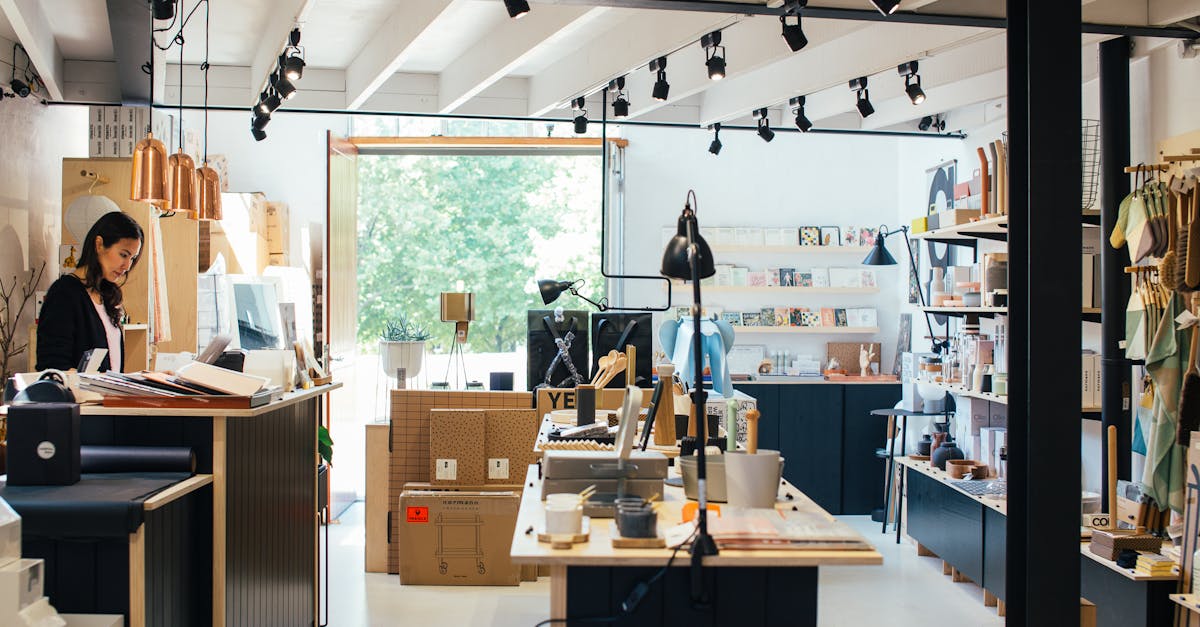- Home
- Articles
- Architectural Portfolio
- Architectral Presentation
- Inspirational Stories
- Architecture News
- Visualization
- BIM Industry
- Facade Design
- Parametric Design
- Career
- Landscape Architecture
- Construction
- Artificial Intelligence
- Sketching
- Design Softwares
- Diagrams
- Writing
- Architectural Tips
- Sustainability
- Courses
- Concept
- Technology
- History & Heritage
- Future of Architecture
- Guides & How-To
- Art & Culture
- Projects
- Interior Design
- Competitions
- Jobs
- Store
- Tools
- More
- Home
- Articles
- Architectural Portfolio
- Architectral Presentation
- Inspirational Stories
- Architecture News
- Visualization
- BIM Industry
- Facade Design
- Parametric Design
- Career
- Landscape Architecture
- Construction
- Artificial Intelligence
- Sketching
- Design Softwares
- Diagrams
- Writing
- Architectural Tips
- Sustainability
- Courses
- Concept
- Technology
- History & Heritage
- Future of Architecture
- Guides & How-To
- Art & Culture
- Projects
- Interior Design
- Competitions
- Jobs
- Store
- Tools
- More
Top 3D Printing Workshops for Hands-On Training and Expert Guidance in 2024

Table of Contents Show
3D printing has revolutionized the way we approach design and manufacturing, making it accessible for both hobbyists and professionals. But diving into this technology can be daunting without the right guidance. That’s where 3D printing workshops come in, offering hands-on experience and expert instruction to help us master this innovative field.
In these workshops, we learn to use essential 3D modeling programs like Tinkercad and Fusion 360, and get practical tips on everything from printer maintenance to troubleshooting common issues. With step-by-step guidance, we gain the skills needed to bring our digital creations to life, whether for personal projects or professional endeavors. Let’s explore some of the best 3D printing workshops that can transform our understanding and capabilities in this cutting-edge technology.

Overview of 3D Printing Workshops
3D printing workshops provide immersive experiences to help participants gain competence in this technology. These workshops combine theory and practical sessions for comprehensive learning.
What Is 3D Printing?
3D printing, or additive manufacturing, involves creating three-dimensional objects by layering materials based on digital models. This technology enables the production of complex structures, from prototypes to finished products, using various materials such as plastics, metals, and ceramics.
Importance of Hands-On Learning
Hands-on learning in 3D printing workshops builds practical skills essential for mastering this technology. Participants get to operate printers, troubleshoot common issues, and understand maintenance practices. This type of interactive experience is invaluable, as it provides real-world problem-solving scenarios that are crucial for both personal and professional applications.
Key Elements of Top 3D Printing Workshops
Top 3D printing workshops stand out due to several key elements that ensure participants gain comprehensive knowledge and hands-on experience.
Curriculum and Course Content
Effective workshops offer a detailed curriculum that covers every aspect of 3D printing. Participants learn about the fundamentals of 3D printing technology, including how to create and manipulate digital models for printing. Courses often include step-by-step instructions on using popular 3D modeling programs such as Tinkercad and Fusion 360. Practical sessions guide attendees on printer operation, maintenance, and troubleshooting common issues. Workshops also delve into advanced techniques, equipping learners with the skills to tackle complex projects.

Expert Instructors and Industry Insights
Experienced instructors lead the best workshops, providing industry insights that enrich the learning experience. These experts bring a wealth of knowledge from their professional backgrounds, offering real-world examples and practical tips. Their guidance not only helps participants understand theoretical concepts but also provides valuable advice for applying these skills in professional environments. Engaging with instructors allows learners to ask questions and receive tailored feedback, enhancing their overall competency in 3D printing.
Types of 3D Printing Workshops
Several types of 3D printing workshops cater to different skill levels and interests. Each type focuses on specific aspects of 3D printing technology.
Beginner Workshops
Beginner workshops introduce participants to the fundamentals of 3D printing. These workshops cover basic concepts, including 3D printer setup, software navigation, and simple model creation. Instructors provide step-by-step guidance, ensuring that even those with no prior experience can successfully design and print their first objects. Participants also learn foundational skills in programs like Tinkercad, which is user-friendly and widely recommended for beginners.
Advanced Skill Development
Workshops focused on advanced skill development delve deeper into 3D printing technologies and techniques. Participants enhance their knowledge of complex software like Fusion 360, enabling them to create more intricate and detailed models. These workshops often include topics such as multi-material printing, advanced support structures, and optimizing print settings for high-quality results. Instructors provide practical tips to tackle common challenges, ensuring participants can troubleshoot issues and maintain optimal printer performance.
Specialty Workshops
Specialty workshops target specific applications or themes within the 3D printing field. Examples include workshops on medical device printing, jewelry design, or large-format 3D printing. These sessions provide in-depth insights into the unique requirements and techniques of specialized areas. Participants benefit from the expertise of instructors with hands-on experience in the relevant domain. Whether creating custom prosthetics or artistic sculptures, specialty workshops offer valuable knowledge for niche projects.

Choosing the Right 3D Printing Workshop
Selecting the ideal 3D printing workshop enhances your learning experience and ensures you gain valuable skills. Key factors to consider include location, accessibility, and reviews.
Location and Accessibility
Proximity to the workshop location is essential for ease of attendance. Workshops in urban areas offer better accessibility and transport options. Consider choosing a workshop near major airports if you’re traveling, such as John Wayne Airport in Fountain Valley, CA, which houses the Airwolf 3D Headquarters, making it convenient for out-of-town participants.
Reviews and Testimonials
Evaluating reviews and testimonials helps gauge the quality of instruction and overall experience. Look for workshops with positive feedback and success stories. Reviews from previous attendees provide insights into the instructors’ expertise, course content, and the hands-on experience offered. Ensure the workshop you’re considering has a history of satisfied participants.

Conclusion
Choosing the best 3D printing workshop requires consideration of several factors. Location and accessibility significantly impact participant convenience. Workshops near urban centers or transportation hubs, like John Wayne Airport in Fountain Valley, CA, offer easy access. Reviews and testimonials provide insight into the quality of instruction. Positive feedback from past attendees ensures a valuable learning experience.
Hands-on experience with 3D modeling programs enhances skill development. Programs like TinkerCAD and SculptGL enable participants to design objects, convert them to STL files, and see their creations materialize through 3D printing. Familiarity with these tools before the workshop, especially TinkerCAD, improves the overall experience. Logging into the TinkerCAD site beforehand helps with understanding basic navigation.
Participants should also ensure they have the necessary equipment for virtual workshops. Access to a laptop or desktop computer, proficiency with basic computer operations, and a mouse with a scroll wheel are recommended. Computer proficiency ensures smooth participation.
Selecting workshops hosted by reputed organizations, such as the Governor Wentworth Arts Council, provides additional credibility. Workshops conducted over Zoom demand attention to technical readiness, including stable internet connections and familiarity with virtual meeting platforms.
By focusing on these aspects, participants can maximize their learning and creativity in 3D printing workshops.
- 3D Printer Hands-On Workshops
- 3D Printing Certification Courses
- 3D Printing Design Workshops
- 3D Printing Education Programs
- 3D Printing for Beginners Workshop
- 3D Printing Training Near Me
- 3D Printing Workshops 2024
- Advanced 3D Printing Workshops
- Best 3D Printing Classes
- Expert 3D Printing Guidance
- Hands-On 3D Printing Training
- Learn 3D Printing Skills
- Professional 3D Printing Training
- Top 3D Printing Courses
A licensed architect with hands-on studio experience, I translate complex design ideas into clear, engaging stories for a global audience. As a seasoned content writer and editor, I craft articles, project features, and thought-leadership pieces that illuminate emerging technologies, sustainable practices, and cutting-edge design trends—always with an architect’s eye for detail, accuracy, and narrative flow. My goal is to bridge practice and publication, giving fellow professionals and curious readers alike the insight and inspiration they need to push architectural boundaries.
Submit your architectural projects
Follow these steps for submission your project. Submission FormLatest Posts
Shigeru Ban Architecture: Vision, Awards & Humanitarian Design
Discover how Shigeru Ban revolutionized architecture with paper tubes, disaster relief shelters,...
Revolutionizing Video Commerce: How E-Commerce Brands Are Scaling Product Videos with AI
Table of Contents Show The Product Video Problem: Why Scale MattersThe Seedance...
The Complete Beginner DIY Plumbing Checklist: A Step-by-Step Guide for First-Time Home Projects
Table of Contents Show Step 1: Confirm the Job Is Truly Beginner-FriendlyStep...
Top Job Alternatives for Architects and Interior Designers
Explore diverse job alternatives for architects and interior designers, from creative roles...












Leave a comment